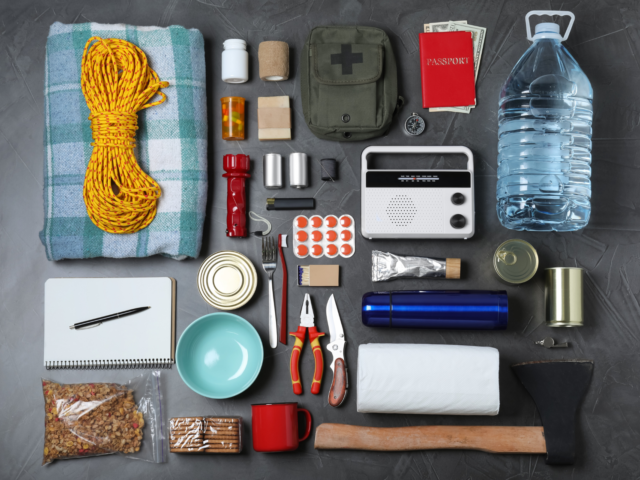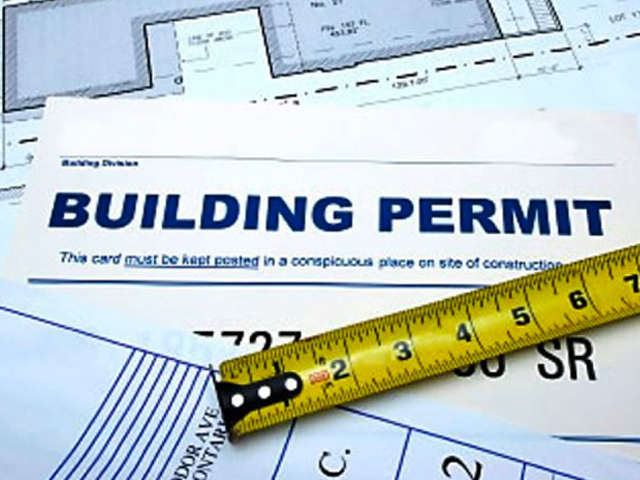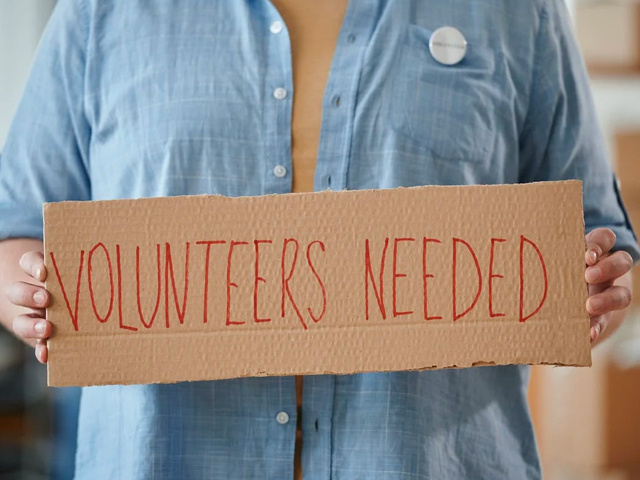Be In The Know
Hurricane Prep 101
From people to pets, it’s important to prepare before tropical weather.

If you’re new to coastal Virginia, let alone living near the ocean, you may have questions about hurricanes. Don’t worry, even longtime coastal residents can use a refresher on things to think about and do in advance of an impending storm.
Hurricane season officially runs from June 1 to Nov. 30 each year. According to the National Oceanic and Atmospheric Administration, the 2021 Atlantic hurricane season ended with 21 named storms, including seven hurricanes, four of which had winds of 111 mph or greater. It was considered an above-average season and the third most active on record in terms of named storms.
NOAA’s Climate Prediction Center issues its initial seasonal outlook annually in May and is a valuable resource for anyone living in hurricane-prone areas.
Before a storm
One of the first things you should do is be sure you’ve signed up with VBAlert, the city's emergency alert and warning system for public safety incidents.

Next is to find out what evacuation zone your property is in.
To simplify the evacuation process, the state launched a zoned map, lettered A to D, which uses your address to identify how much your home could be at risk in the event of a tropical storm or hurricane. For example, properties in Zone A are in areas most at risk of flooding and storm surge, while properties in Zone D are less so. State and local agencies will alert residents by zone when there’s a need to evacuate. Go to KnowYourZoneVA.org, click the “Find Your Zone” button and put in your address to discover more.
It’s also important to familiarize yourself with the routes you’ll need to take if officials tell you to evacuate.
- If you live north of Interstate 264, head north and west along Interstate 64 across the Hampton Roads Bridge–Tunnel and move inland.
- If you live south of I-264, head south and west on I-64 towards Suffolk and U.S. 460. Continue to head inland and away from the coast.
Note: The Chesapeake Bay Bridge-Tunnel may close if an incoming storm has high winds, so avoid going north on U.S. 13 and opt for the other routes.
Preparing your home
Hurricanes, and even tropical storms can bring high winds and flood waters into residential areas. There are some things you can do ahead of the storm to prepare your home and ensure the safety of you and your neighbors, according to the American Red Cross.
Secure outside items such as lawn furniture and trash cans that could be tossed around by the wind, and clean out drains, gutters and downspouts.
Anchor objects like gas grills and propane tanks, which would be unsafe to bring indoors. Trim or remove trees close enough to fall on your home and protect windows with permanent storm shutters or pre-cut plywood. Don’t wait until there's a storm approaching to purchase supplies such as generators, chainsaws, plastic sheeting or sandbags. There are opportunities throughout the year to purchase these items tax-free or on sale. Build a small stockpile of supplies so you aren’t rushing to find what you need as the storm approaches.
Before there’s even a hint of a storm on the horizon, consider installing a sump pump with battery backup, as well as elevating your home’s heating system, water heater and electric panel, especially if you live along the coast or in a known flood zone.
Flood insurance
It’s important to review the insurance policies for your home regardless of whether you rent or own it. Consider adding flood insurance and check your policy to make sure it covers hurricanes, especially named storms. Separate policies are needed for wind and flood damage coverage, which people frequently don't realize until too late. Contact your insurance agent for information on your coverage.
Homes in designated flood zones are required to have flood insurance, and it’s typically a stipulation during the sale of a house. Even if you’re not in a designated flood zone, your home is eligible for flood insurance, which is sold through local agents as part of the National Flood Insurance Program. The program is offered through the Federal Emergency Management Agency. Homeowners can take out separate policies to insure the structure and any contents inside.
Nationally, about 30% of flood insurance claims come from homes that aren’t in a flood zone.
The Planning Department is responsible for the administration of the National Flood Insurance Program for the City of Virginia Beach. Rate maps are available in the department’s office at 2875 Sabre St., Suite 500. You can also view both current and historic flood insurance rate maps by visiting the FEMA Map Service Center online.
Emergency kit
It’s important to take the time to prepare an emergency kit well before a storm warning is issued. You’ll find many items contained in the kit are everyday things you may already have and use. In addition to checking emergency equipment, such as flashlights, generators and storm shutters, assemble the following items in airtight plastic bags and store them in easy-to-carry containers in a readily accessible location:
Basic disaster supplies kit
- Water (one gallon per person per day for several days, for drinking and sanitation)
- Food (at least a three-day supply of non-perishable food)
- Battery-powered or hand crank radio and a National Oceanic and Atmospheric Administration Weather Radio with tone alert
- Flashlight
- First aid kit
- Extra batteries
- Whistle (to signal for help)
- Dust mask (to help filter contaminated air)
- Plastic sheeting and duct tape (to shelter in place)
- Moist towelettes, garbage bags and plastic ties (for personal sanitation)
- Wrench or pliers (to turn off utilities)
- Manual can opener (for food)
- Local maps
- Cell phone with chargers and a backup battery
Consider adding the following based on your individual needs
- Masks (for everyone ages 2 and older), soap, hand sanitizer, disinfecting wipes to disinfect surfaces
- Prescription medications
- Nonprescription medications such as pain relievers, anti-diarrhea medication, antacids or laxatives
- Prescription eyeglasses and contact lens solution
- Infant formula, bottles, diapers, wipes and diaper rash cream
- Pet food, extra water and any medications needed for your pet
- Cash or traveler's checks
- Important family documents such as copies of insurance policies, identification and bank account records saved electronically or in a waterproof, portable container
- Sleeping bag or warm blanket for each person
- Complete change of clothing appropriate for your climate and sturdy shoes
- Fire extinguisher
- Matches in a waterproof container
- Feminine supplies and personal hygiene items
- Mess kits, paper cups, plates, paper towels and plastic utensils
- Paper and pencil
- Books, games, puzzles or other activities for children
The American Red Cross offers a hurricane safety checklist you can download to use as a guide when you purchase supplies.
Seeking refuge from the storm
In the event of a major storm, the city may activate emergency shelters. Since every storm is unique, only certain shelters may be opened during an emergency. The city’s website and social media, local TV and radio stations will have up-to-date information on shelter locations and opening times. It’s important to familiarize yourself with the shelter’s rules before going.
Don’t forget your pets
If you evacuate, take your pets. Animals left behind in a disaster can easily be injured, lost or killed. There’s no way to know how long it may be until you can get back home, the best way to ensure your pet’s safety is to keep them with you.

Identify places where you can shelter with your pets. If you can’t stay with family or friends, make a list of pet-friendly hotels or motels in your area. Ask if "no pet" policies would be waived in an emergency. If a storm is approaching, make a reservation sooner than later – don't wait for a mandatory evacuation order. An online search can help yield a list of pet-friendly hotels.
Your pets should be wearing some form of identification with current contact information. If you need to evacuate, be sure to pack copies of up-to-date vaccinations, as well as food and any medicine your pet will need.
If you seek shelter at a city-opened emergency shelter, be aware that household pets (except for service animals) aren’t allowed unless the city opens a pet-friendly shelter.
The pet-friendly shelter will accept dogs, cats and other small mammals, birds and turtles, and owners are responsible for the care of any animals they bring in. You should also bring all the necessary items needed for your pet (leashes, collars, crate, food, medicine, a vaccination record, etc.).
Amphibians, arachnids, farm animals and reptiles (except for turtles) are not accepted at the pet-friendly shelter.
Make a list of boarding facilities and veterinary offices that might be able to shelter animals in emergencies; include 24-hour telephone numbers.
For the latest updates
Follow the City on social media: @CityofVaBeach on Facebook, Twitter and Instagram.
Visit emergency.vbgov.com.
Emergency numbers & contacts
CITY SERVICES
Police/Fire/Rescue -Emergencies Only: 911
Police/Fire/Rescue (non-life threatening public safety services): (757) 385-5000
City Information (non-emergency): (757) 385-3111
Mental Health/Substance Abuse Hotline: (757) 385-0888
Office of Emergency Management: (757) 385-3111
Planning Department (re: flood zone determinations): (757) 385-4621
Water and Sewer Service: (757) 385-4631
Water and Sewer Service-Emergency After Hours/Weekends/Holidays: (757) 385-3111
Waste and Debris Management: (757) 385-4650
NON-CITY SERVICES
American Red Cross: (757) 446-7700
Cox Communications: (757) 224-1111
Dominion Energy: (888) 667-3000
FEMA: (800) 621-3362
FEMA-TTY: (800) 462-7585
National Poison Center: (800) 222-1222
Verizon: (800) 837-4966
Virginia Dept. of Emergency Management: (804) 897-6500
Virginia Dept. of Transportation: 511 or (800) 367-7623
Virginia Natural Gas: (877) 572-3342
Contact Information
Keep Reading
See All Posts-
Calendar News Blog Hot Topics Multimedia Social Media Mobile Apps











